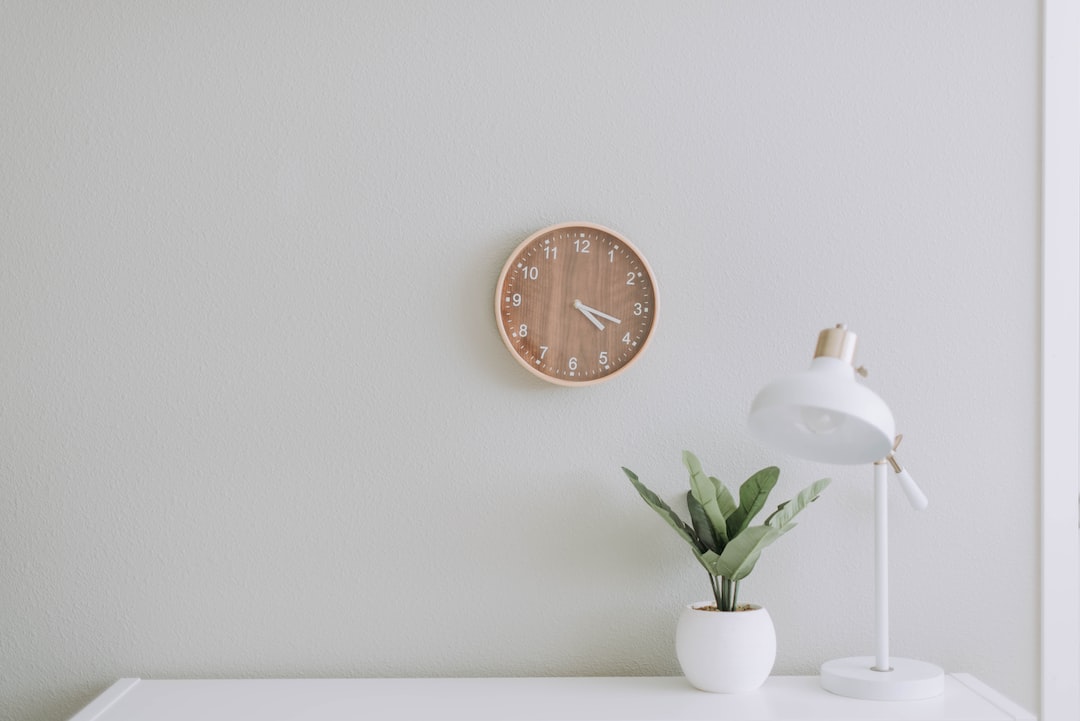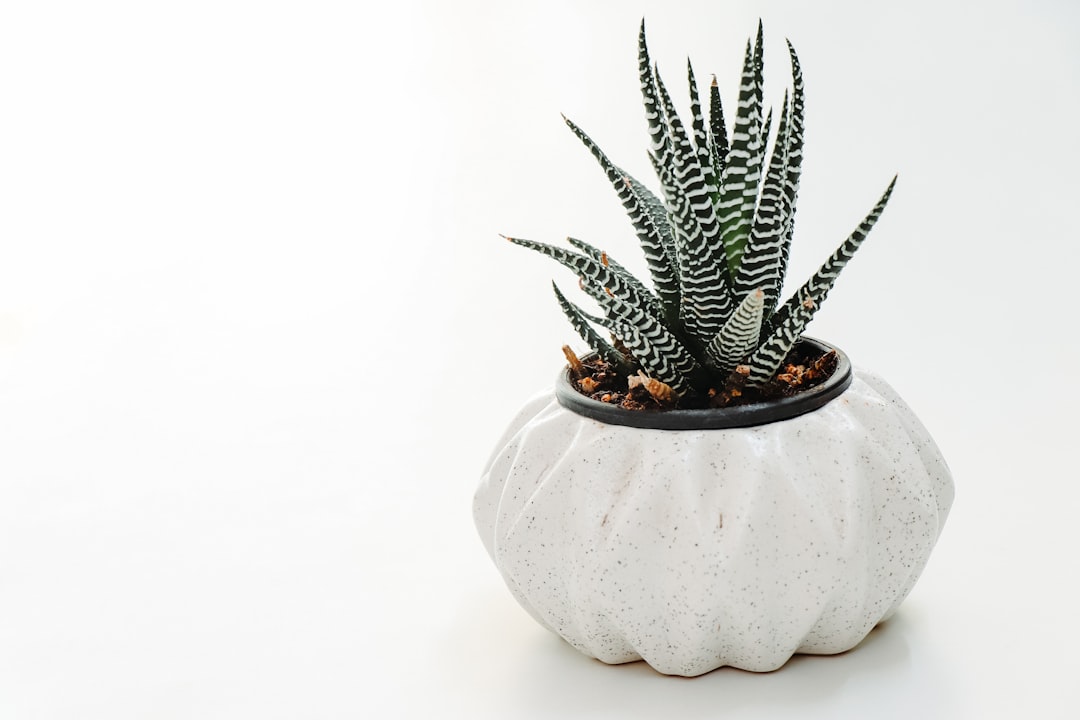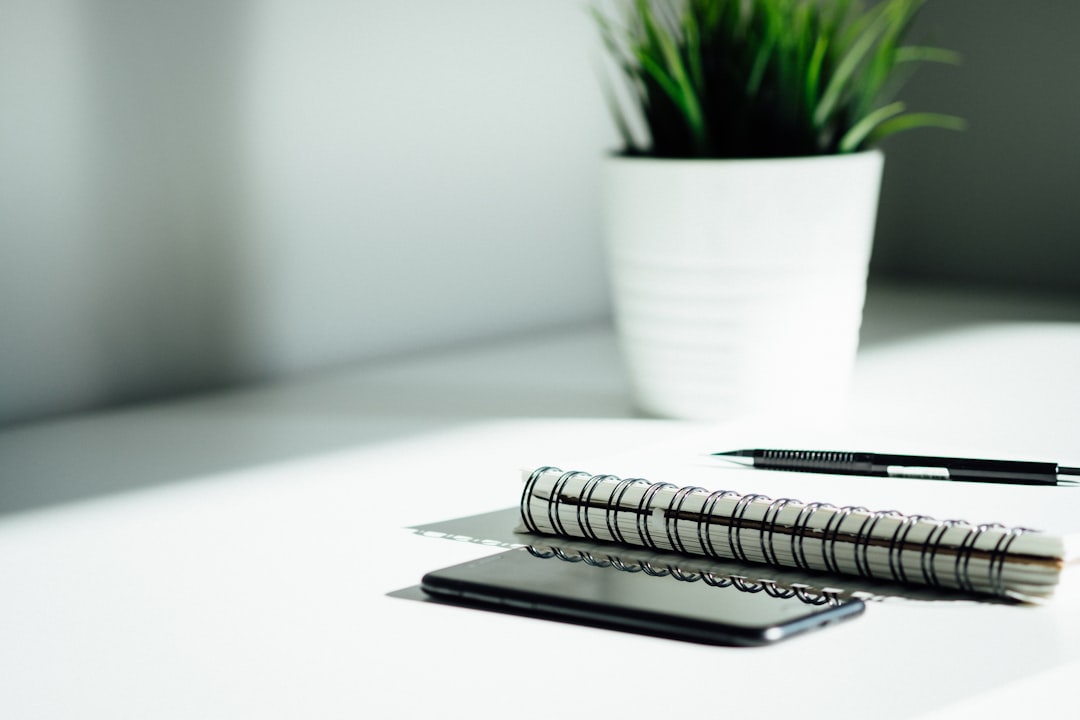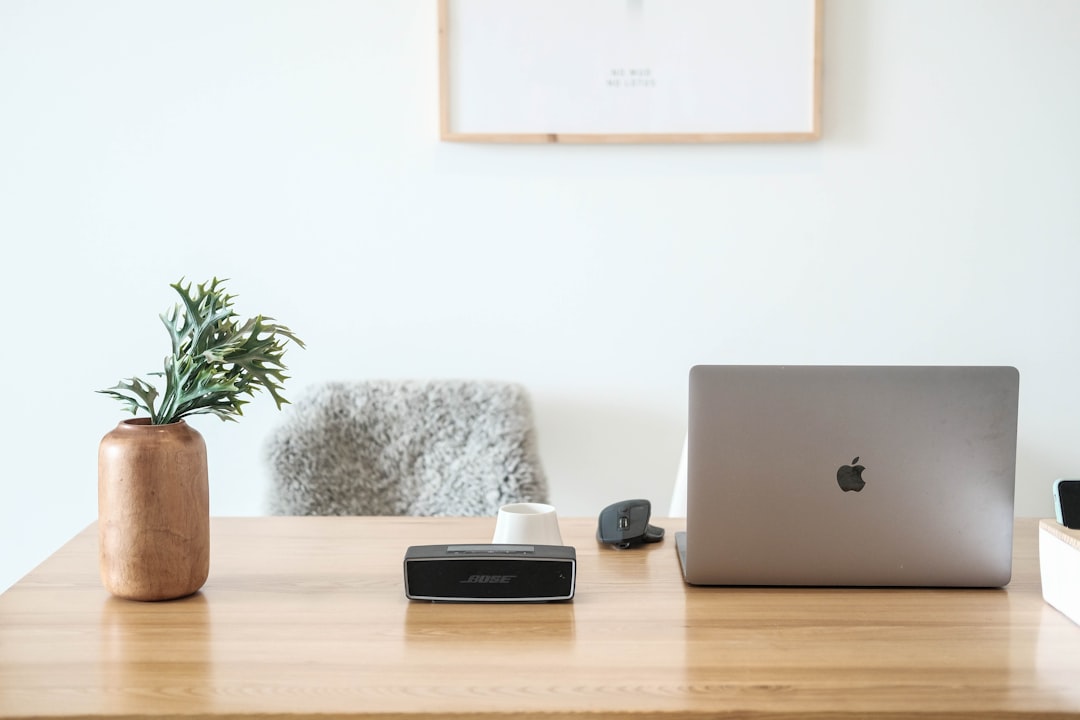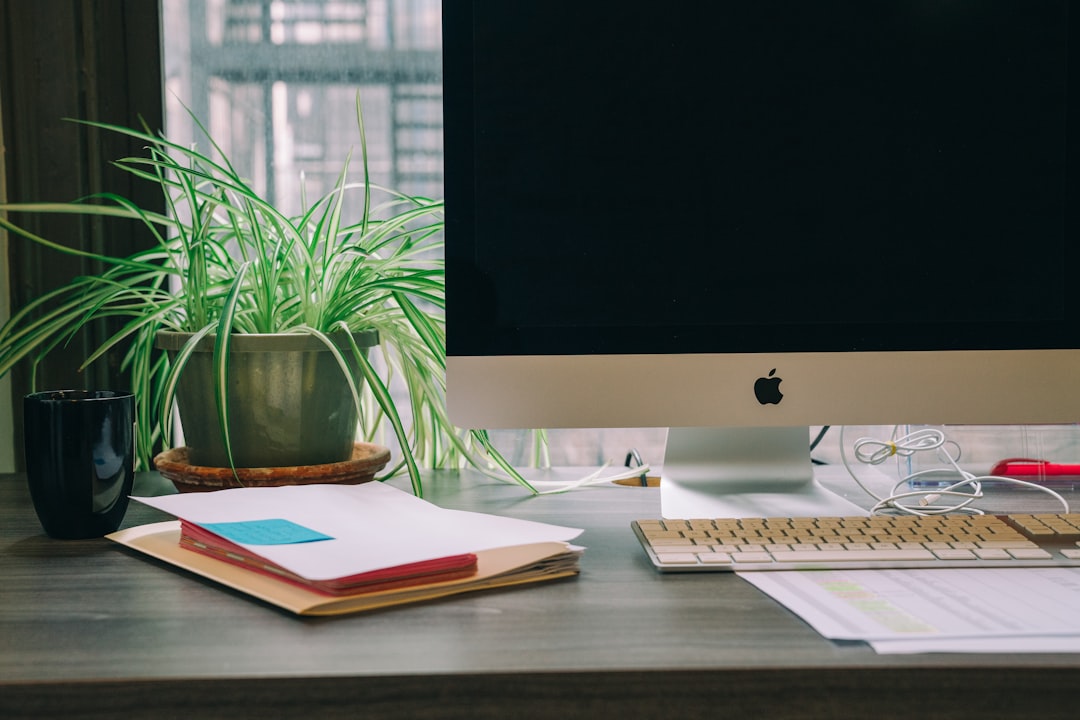As humans, we have a natural tendency to push ourselves to extremes. We strive to be productive at all times and often neglect our own personal needs in the process. However, it’s important to understand that taking breaks from our routine is crucial for our well-being and overall productivity.
In today’s fast-paced world, it’s common to hear people bragging about working extended hours without taking a break or even skipping meals. However, studies have shown that overworking ourselves has long-lasting negative effects on our health, creativity, and productivity.
We may think that we’re being productive by working harder and longer, but in reality, we’re actually making ourselves less productive. The human brain is not designed to work continuously for long periods; it needs rest, relaxation, and stimulation to function optimally.
Taking breaks allows us to rejuvenate our minds and bodies, to reset our focus, and to come back better equipped to tackle tasks ahead. In this blog post, we’ll discuss the importance of taking breaks, and we’ll provide you with valuable tips on how to incorporate them into your daily routine for a more productive and balanced life.
So, let’s dive in and discover the power of taking breaks!
Reset Your Brain: The Power of Short Breaks
When it comes to staying productive and focused, taking short breaks throughout the day can be a game changer. Research shows that our brains are not designed to stay focused for extended periods of time, and that taking regular breaks can actually enhance our ability to concentrate and perform at our best.
Short breaks can take many forms, ranging from simply standing up and stretching for a few minutes to taking a brisk walk around the office or doing a quick meditation session. Whatever form they take, short breaks allow us to reset our brains and recharge our batteries, helping us to tackle the rest of the day with renewed energy and focus.
One of the key benefits of taking short breaks is that they prevent burnout and fatigue. When we work for long stretches without a break, our brains become fatigued and our performance can suffer. We may find ourselves making more mistakes, feeling irritable or impatient, or struggling to stay on task. By taking regular breaks, we allow our brains to rest and recover, which can help us to stay fresh and focused throughout the day.
Another benefit of taking short breaks is that they give us an opportunity to shift our perspective and gain new insights. When we take a step back from our work, whether it’s for a few minutes or a longer stretch, we create space for new ideas and perspectives to emerge. This can be especially helpful when we’re stuck on a problem or feeling stuck in our work, as a few minutes of mental space can often lead to breakthroughs and new ideas.
Finally, taking short breaks can also be a great way to manage stress and improve our overall well-being. By taking a few minutes to breathe deeply, meditate, or simply relax, we can reduce our stress levels and promote feelings of calm and balance. This can have a positive impact on our mood, our relationships, and our overall sense of well-being, making us more productive and effective in everything we do.
Overall, taking short breaks is a simple but powerful way to reset our brains, stay focused and productive, and manage our stress levels. Whether you’re working from home or in an office setting, try incorporating short breaks into your daily routine and see how they can enhance your performance and well-being.
Finally, taking short breaks can also be a great way to manage stress and improve our overall well-being.
Get Up and Move: The Benefits of Physical Activity
Physical activity is essential for maintaining good health and well-being. However, in today’s fast-paced world, many people lead sedentary lifestyles, spending hours sitting at a desk, in front of a computer, or on a phone. This can have various adverse effects on physical and mental health.
One of the most significant benefits of physical activity is that it can help to reduce stress and anxiety. When we exercise, our bodies release endorphins, which are natural mood boosters. Endorphins can help to reduce feelings of stress and anxiety and create feelings of happiness and well-being.
Physical activity can also help to improve cognitive function. Exercise increases the flow of oxygen and nutrients to the brain, which can improve brain function and productivity. Studies have also shown that regular exercise can help to reduce the risk of cognitive decline and dementia in later life.
Another benefit of physical activity is that it can help to improve posture and reduce the risk of back pain. Sitting for prolonged periods can lead to poor posture, which can cause back pain and other musculoskeletal problems. Engaging in regular physical activity, such as taking breaks to stretch or walk, can help to keep the body strong and healthy.
Lastly, regular physical activity can boost self-esteem and confidence. When we exercise, we set goals and work towards achieving them, which can help to build confidence and self-esteem. Additionally, physical activity can help to improve body image and promote a more positive self-image.
In conclusion, physical activity is crucial for maintaining physical and mental health. By incorporating breaks to get up and move around into your daily routine, you can enjoy the many benefits that physical activity can offer. So the next time you feel overwhelmed or stressed, take a break, get up, and move your body. Your mind and body will thank you for it.
Sitting for prolonged periods can lead to poor posture, which can cause back pain and other musculoskeletal problems.
Mindful Moments: The Practice of Meditation and Deep Breathing
Taking breaks is not just about physical relaxation, it’s also important to give your mind a break. Our minds are constantly bombarded with thoughts, information and sensory input. It’s not uncommon to find yourself mentally exhausted even though you haven’t moved from your chair all day. This is where the practice of meditation and deep breathing can be incredibly powerful.
Meditation has been used for centuries as a way to calm the mind and promote relaxation. It involves sitting comfortably, focusing on your breath, and allowing thoughts to come and go without judgment. While it may seem difficult at first, with practice, meditation can become a valuable tool for managing stress and improving concentration.
Deep breathing exercises are also effective for promoting mental relaxation. When we are stressed or anxious, our breathing becomes shallow and rapid. By taking slow, deep breaths and focusing on the sensation of breathing, we can activate the body’s relaxation response, which can help reduce feelings of anxiety and tension.
Incorporating mindful moments into your day can be as simple as taking a few minutes to focus on your breath or repeating a calming mantra to yourself. There are also many apps and guided meditations available that can help you get started with a regular practice.
By giving your mind a break and incorporating mindfulness practices into your daily routine, you can improve your overall well-being, boost productivity and focus, and reduce stress and anxiety. So, the next time you feel overwhelmed or mentally exhausted, take a few minutes to pause, breathe deeply, and be present in the moment. Your mind (and body) will thank you for it.
Mindful Moments: The Practice of Meditation and Deep Breathing
Taking breaks is not just about physical relaxation, it’s also important to give your mind a break.
Socialize with Friends and Colleagues: The Value of Connection and Collaboration
In today’s fast-paced world, we often find ourselves buried in work, continuously striving to meet deadlines and achieve our goals. In such situations, it’s easy to lose sight of the importance of socializing and connecting with others. However, engaging in social interactions with friends and colleagues can have a tremendous positive effect on our productivity and overall well-being.
Socializing with others allows us to take a break from the monotony of work and restart our minds. By interacting with others, we shift our focus away from our work, and this shift in attention can help us to refocus on our tasks more effectively once we get back to work. Moreover, spending time with friends and colleagues can increase our motivation, provide a boost of energy, and can even act as a source of inspiration.
Connection and collaboration with others can foster new ideas and approaches to problems that we may have missed on our own. Discussions with coworkers about work can be an opportunity to bounce ideas off each other and work together to solve problems. Moreover, socializing with colleagues and friends can help to build a sense of community and trust within the workplace, which can lead to a more positive and supportive work environment.
Studies have shown that socializing with others can have a significant impact on our physical and mental health. A lack of social connection can increase our risks of anxiety and depression, whereas being around friends and colleagues can increase our sense of belonging, improve mood, and decrease stress levels.
Incorporating socializing into your daily routine can be as simple as taking a break and having a coffee with a colleague or grabbing lunch with a friend. By doing so, you can recharge your batteries, make new connections, and build a stronger support network.
In conclusion, taking breaks and socializing with friends and colleagues are essential elements to maintaining a healthy and productive work-life balance. By incorporating socializing into your daily routine, you can improve your mental health, boost your productivity, and increase your overall satisfaction with your work and life.
Moreover, spending time with friends and colleagues can increase our motivation, provide a boost of energy, and can even act as a source of inspiration.
Prioritize Rest and Relaxation: The Essential Ingredients for Optimal Productivity
When it comes to productivity, taking breaks and prioritizing rest and relaxation may seem counterintuitive. However, research has shown time and time again that allowing your mind and body to recharge is essential for optimal performance.
In fact, studies have shown that individuals who take regular breaks and prioritize rest and relaxation are more productive, creative, focused, and satisfied at work or in their personal lives. Additionally, taking breaks can reduce stress and burnout, which can negatively impact mental and physical health.
But how do you prioritize rest and relaxation in a world that glorifies busyness and productivity? It starts with making rest and relaxation a priority and being intentional about incorporating it into your daily routine.
One way to prioritize rest and relaxation is to schedule downtime into your calendar just as you would a meeting or appointment. This could be as simple as taking a lunch break away from your desk, going for a walk outdoors, or scheduling a massage or yoga class. By treating rest and relaxation as non-negotiable, you’re more likely to actually follow through with it.
Another way to prioritize rest and relaxation is to create a relaxing environment in your workspace or home. This could include incorporating plants, using calming scents or essential oils, or playing soft background music. Creating a soothing environment can help you feel more relaxed and at ease, allowing you to be more productive when you return to work.
It’s important to note that rest and relaxation look different for everyone. What one person finds relaxing may not be the same for someone else. It’s essential to find activities or practices that work for you and your unique needs.
Incorporating breaks and prioritizing rest and relaxation are crucial components of productivity and overall well-being. By making rest and relaxation a priority, you allow your mind and body to recharge, leading to increased productivity and a more balanced life.
In the next and final chunk, we’ll discuss how to bring everything together and incorporate breaks into your daily routine for a more productive and balanced life.
This could be as simple as taking a lunch break away from your desk, going for a walk outdoors, or scheduling a massage or yoga class.
Conclusion: Incorporating Breaks into Your Daily Routine for a More Productive and Balanced Life
As we’ve gone through each chunk of this post, we have discussed the importance of taking breaks, whether they are short or long, physical or mental, social or solitary. Incorporating breaks into your daily routine is not only essential for your well-being and happiness, but also for your productivity and success.
It can be challenging to prioritize breaks when you have a never-ending to-do list, but it is crucial to recognize that breaks are not a luxury or a sign of laziness. Rather, they are a necessary ingredient for optimal performance and creativity. By taking regular breaks, you can reset your brain, prevent burnout, enhance your focus and motivation, and improve your overall health and happiness.
But how can you incorporate breaks into your daily routine? It starts with a mindset shift – recognizing that breaks are not a waste of time or a distraction, but a strategic investment in your well-being and productivity. Here are some practical tips:
1. Schedule your breaks: Just like you schedule your meetings and tasks, schedule your breaks as well. Set a timer, and take a break every hour, for example, even if it’s just a 5-minute stretch or a deep breath.
2. Be intentional: Decide in advance what type of break you need. Do you need a physical break to move your body, a mental break to clear your mind, or a social break to connect with others?
3. Use breaks wisely: Use your breaks to do something that truly refreshes and energizes you. Whether it’s a quick walk outside, a chat with a colleague, or a meditation session, choose an activity that aligns with your values and goals.
In conclusion, taking breaks is not only beneficial but necessary for a productive and balanced life. By incorporating breaks into your daily routine, you can enhance your well-being and performance, prevent burnout, and achieve your goals with more focus and creativity. So, take a break, reset, and come back stronger than ever!
